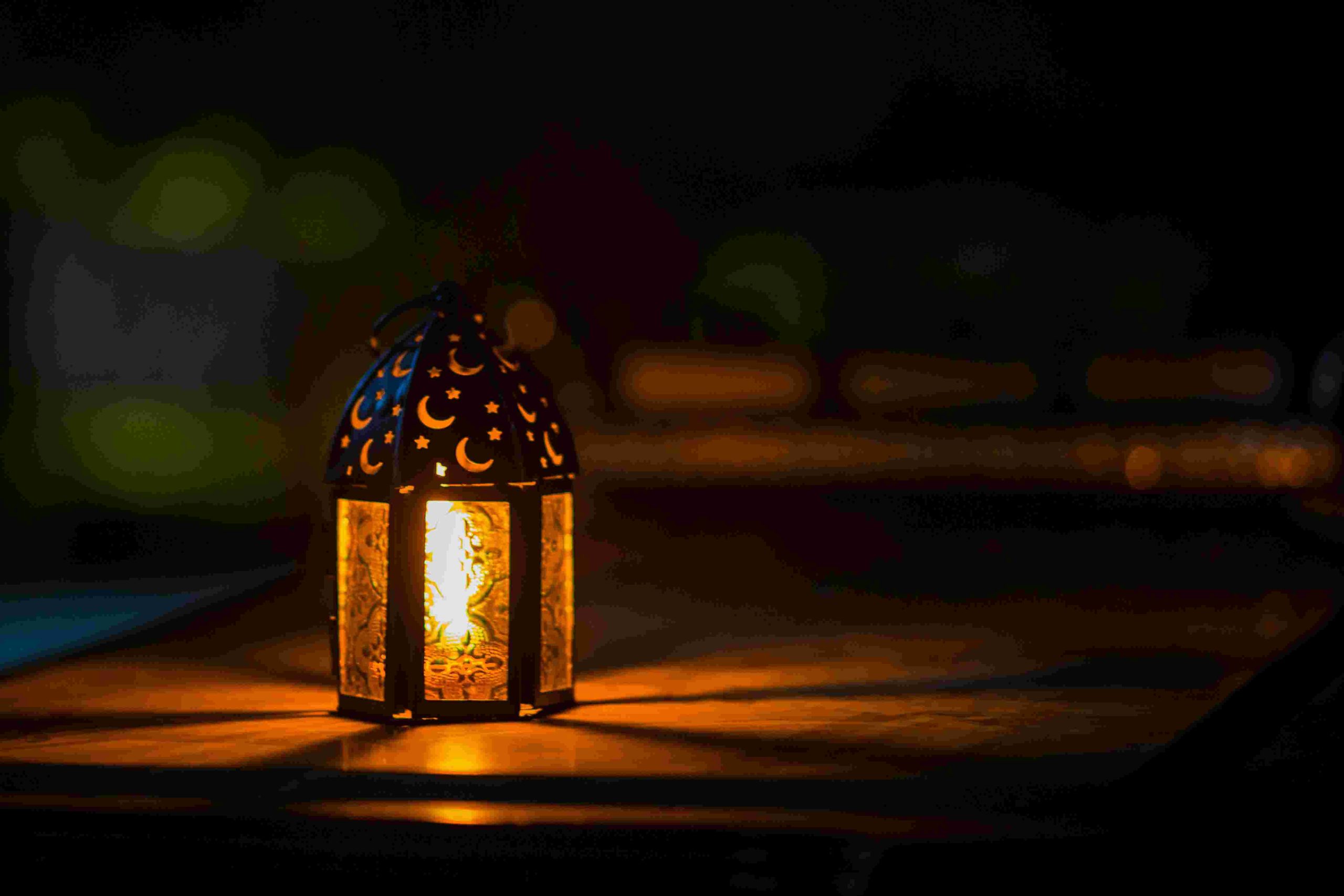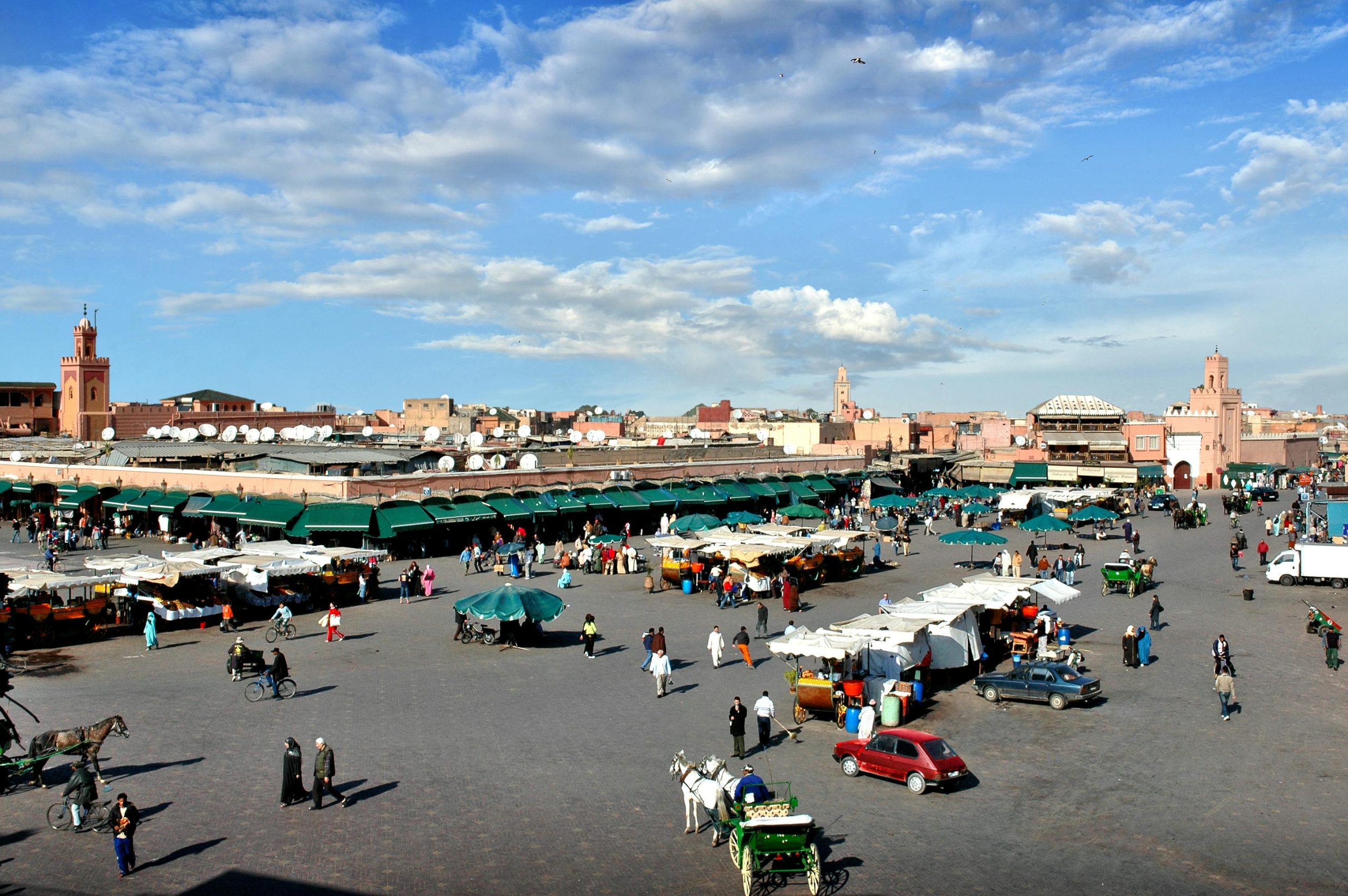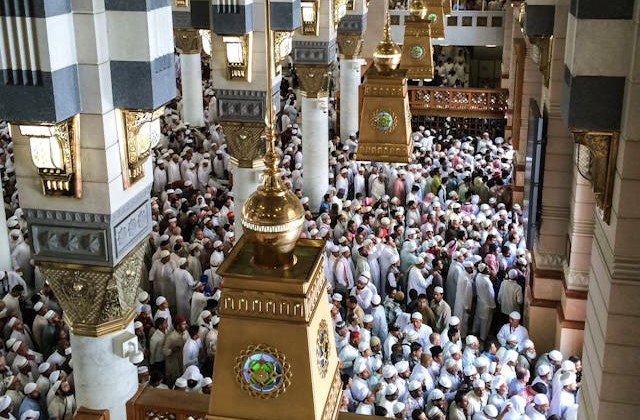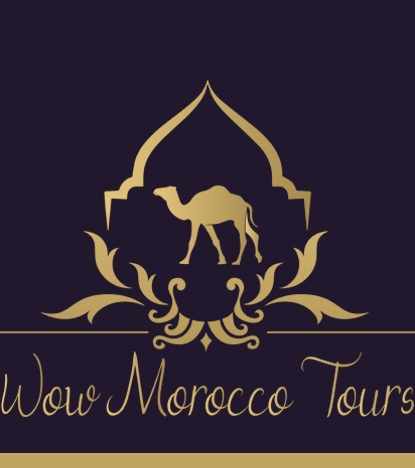
Ramadan in Morocco: A Sacred Month of Reflection & Tradition
During ramadan in morocco, the streets may seem quiet by day, but as dusk falls, the energy surges in extraordinary ways. Let’s explore how Morocco’s spiritual and cultural heartbeat resonates throughout this sacred month.
Understanding Ramadan in Morocco Timing
The Islamic lunar calendar determines when Ramadan in Morocco takes place, advancing approximately 10–15 days earlier each year. In 2025, the holy month begins the evening of February 28 and ends on March 30.
Muslims fast from dawn until sunset for a period of 30 days. The fasting duration gradually increases, from roughly 12 hours and 47 minutes at the start to about 14 hours and 43 minutes near the end. In Casablanca, Fajr starts around 5:31 AM and sunset is roughly 6:27 PM. Marrakech is similar, with Fajr at 5:33 AM and sunset at 6:30 PM. While times differ slightly by city, the spiritual rhythm unites the nation.


Daily Life and City Rhythms
Public life shifts significantly during Ramadan. Offices and shops adjust their schedules, often closing early. Streets tense up about an hour before sunset with people rushing home for iftar. Following sunset, activity temporarily halts while families enjoy their evening meal.
Locals wake early for suhoor and fajr prayers, leading to a later start to the day for most people. Midday becomes the most active time, with quiet mornings and evenings.
Markets, Food, and Shopping Buzz
As Ramadan nears, markets brim with spices, produce, and sweets. The government ensures adequate supplies of fruits, grains, and meats throughout the month. Neighborhood markets operate mostly during daytime, while major grocery stores stay open well into the night, some until 1 AM.
Special Ramadan-only bazaars emerge after dark, especially in the final week when families shop for Eid outfits and festive treats. If you explore these souks at night, you’ll find stalls lit under lanterns, offering vibrant local crafts and food.
Popular Ramadan dishes include:
-
Harira: a hearty tomato‑lentil soup served with dates and chebakia
-
Sellou: a sweet, nutrient-rich mix of roasted flour, nuts, and seeds
-
Briouats: savory or sweet triangular pastries filled with meat or almond paste
-
Batbout: Moroccan flatbread perfect for stuffing with meats or cheese
Dates are essential for breaking the fast. Prices may rise by 10–15% compared to the previous year, prompting authorities to monitor pricing closely to protect consumers.

Ramadan in morocco at nights
As the sun sets, Morocco begins to transform. The call to prayer, Al Adhan, echoes from every mosque, signaling the end of the fast. At this moment, families break their fast with just dates and water, then head straight to the mosque to perform the Maghrib prayer.
Afterward, people return home for a full iftar meal, often featuring harira (a traditional soup), chebakia, briouats, and other seasonal dishes. Streets remain vibrant from around 6 PM to 1 AM, with restaurants offering special Ramadan menus, and night markets buzzing with visitors shopping for sweets, clothes, and handcrafted goods.
In some towns, the tradition of the Nafar still continues—an early morning crier dressed in a robe who walks through neighborhoods blowing a horn to awaken people for suhoor, the pre-dawn meal. This balance of peaceful daytime and energetic nighttime truly reflects the spiritual and cultural rhythm of Ramadan in Morocco.
Cultural Etiquette and Local Customs
Visiting during ramadan in morocco offers a deeper cultural immersion—if you follow local customs with respect.
Dress & Behavior
Dress modestly—cover shoulders and knees—especially in rural areas. Women may use a shawl for added modesty. Eating, drinking, or smoking in public during daylight is not only frowned upon but also legally restricted for Moroccans. Tourists can eat discreetly indoors or in special venues.
Politeness & Greetings
Use respectful greetings like “Ramadan Kareem” or “Ramadan Mubarak.” If you’re invited to iftar, bring a halal gift, and wait until prayers conclude before eating. Respect the energy levels of those fasting and keep noise to a minimum, particularly near mosques. Alcohol is unavailable from about ten days before Ramadan until its end.
Photography Etiquette
Always ask before photographing locals—especially in residential areas or marketplaces. Don’t photograph children without parental permission. While mosques are off-limits to non-Muslims, you may observe prayers at entrances—do so quietly and respectfully; refrain from photographing.
Final Thoughts on Ramadan in Morocco
Experiencing ramadan in morocco offers a journey beyond tourism—it’s an invitation into a world of spiritual reflection, communal meals, vibrant markets, and centuries-old traditions. By honoring customs and engaging thoughtfully, visitors can enjoy an unforgettable blend of cultural grace and joyous celebration.
Customize Your Dream Vacation!
Get in touch with our local experts for an unforgettable journey.
